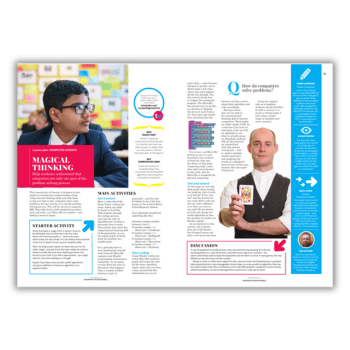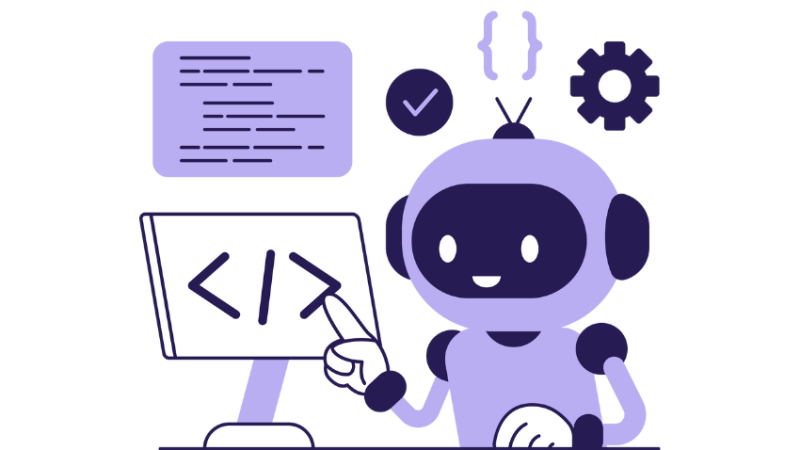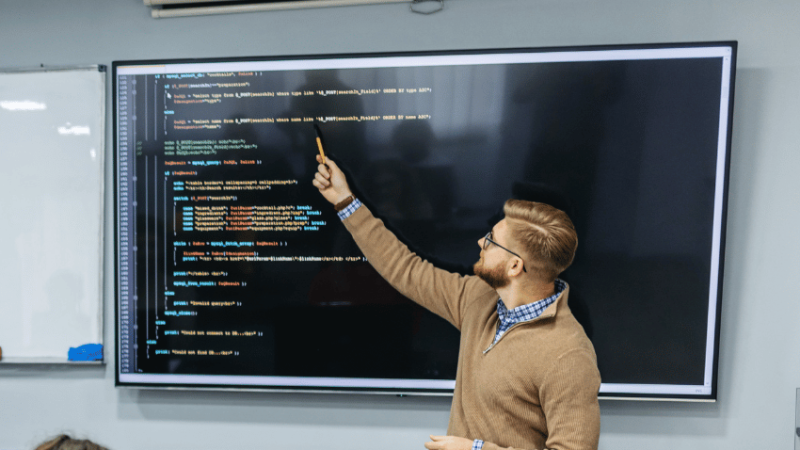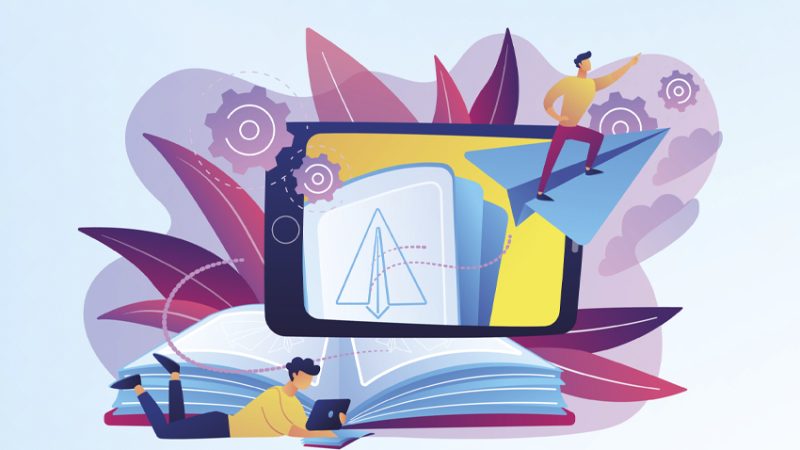Are We Facing a Damascene Moment for the Edtech Industry?

Selling ever more advanced hardware to schools was never going to be enough to have a real impact on teaching and learning – which is why truly innovative companies are changing their approach, insists Craig Scott…

- by Craig Scott

Edtech has the potential to transform the learning experience for all students, as well as the teaching experience for teachers, and we’ve seen different trends emerge over the past few years.
From smart boards, learning platforms and bring-your-own-device schemes, to 1:1 learning, flipped classrooms and huddle stations, edtech continues to evolve and offer more ways to engage.
But the trend that really stands out at the moment is the way the industry is approaching teacher adaptation and student development.
We have moved away from seeing technology as a silver bullet; an interactive whiteboard alone is not going to have a transformative effect in the classroom, it is the content and method used by tech in classrooms that makes the real difference.
In that respect, we are now in a more exciting research and development phase, with a focus on how education professionals can effectively use technology and seamlessly fuse functionality and usability.
This is an exciting new shift, because I believe that focusing on how tech can help develop the educational process means that the edtech industry is taking another step closer to having a transformative impact on the learning experience for all students.
This education evolution is taking place in the classroom too.
Many of the schools that we work with have already shifted the focus from traditional learning paradigms to creating pedagogies that foster personalised learning and teacher-student engagement that goes far beyond the conventional lecture-style structure.
This not only improves students’ technology skills but can also help to develop meta-cognition, problem-solving, collaborative working, and storytelling skills that support improved knowledge attainment.
The barriers to using technology to boost education efforts and to support these new skills pretty much rest in the implementation phase; get that right and you’ve given the school and the teacher something that makes lessons easier to plan, more engaging to deliver, and more impactful for the students.
Get it wrong, and it’s a time-vacuum for both students and teachers; and in an era where effectiveness and efficiency are imperative, this cannot happen. It is too important for the students that we get it right, and too important for teachers that resources place a primary focus on being user-friendly.
That’s a trend I think everyone would like to see continue; make tech as easy to use as possible, develop it with teachers and students at the forefront, and that will ultimately lead to real positive change.
While the evolution of tech continues, adaptability to the classroom is also crucial.
Every student learns through different methods and be it direct instruction, huddle stations, or 1:1 learning, edtech needs to ensure resources allow for a flexible and reconfigurable classroom – and can be adaptable to multiple pedagogies.
Since launching our education specific platform in July 2018, there are now over 100,000 students around the world actively learning with the aid of the myViewBoard Ecosystem.
This has provided us with great insight into different education trends and techniques in classrooms around the world.
Specifically, the UK has seen a shift towards 1:1 and personalised learning methods that tailor education pathways to each student’s strengths and weaknesses – a tactic that is significantly easier to achieve with the aid of technology than without it.
However, as not one pedagogy best suits all students in the classroom, it’s important that edtech solutions are adaptive learning platforms that can accommodate the wide range of pedagogies to ensure a learning track that can best aid all students and their teachers.
Craig Scott is vice president of technology at ViewSonic.







